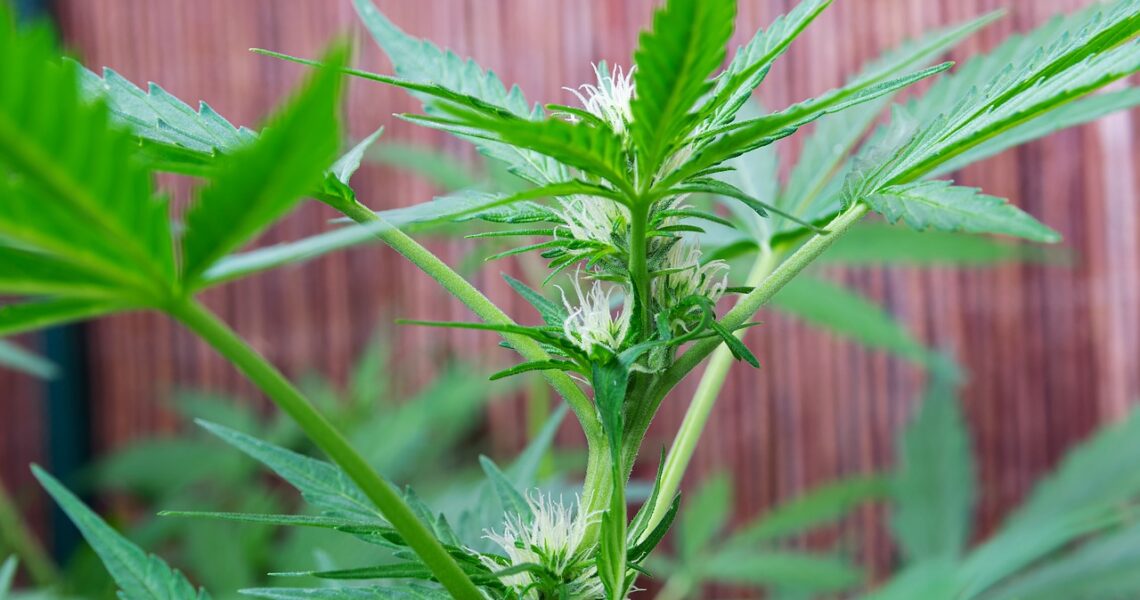In recent years, the exploration of cannabis compounds has expanded beyond the well-known THC and CBD. One compound gaining attention is THCA, or tetrahydrocannabinolic acid. Unlike THC, THCA is non-psychoactive, making it an appealing option for those seeking relief from stress and anxiety without the high associated with cannabis use. How to use THCa flower?
Understanding THCA
THCA is a cannabinoid found in raw and live cannabis plants. It is the precursor to THC, meaning it converts to THC when exposed to heat through a process called decarboxylation. This transformation is why raw cannabis does not produce psychoactive effects. THCA remains in its original form until heated, preserving its non-psychoactive properties.
How THCA Works
THCA interacts with the body’s endocannabinoid system, which plays a role in regulating mood, stress, and anxiety. While research is still in its early stages, preliminary studies suggest that THCA may offer therapeutic benefits by influencing receptors in the brain associated with these conditions.
Benefits of THCA for Stress and Anxiety
Many individuals are turning to THCA for its potential to alleviate stress and anxiety. Here are some reasons why THCA is gaining popularity:
- Non-Psychoactive: THCA does not produce the high associated with THC, making it suitable for those who wish to avoid psychoactive effects.
- Potential Anti-Inflammatory Properties: Some studies suggest that THCA may have anti-inflammatory effects, which can indirectly help reduce stress and anxiety.
- Neuroprotective Qualities: Research indicates that THCA may have neuroprotective properties, potentially benefiting brain health and mood regulation.
Case Studies and Research
While comprehensive research on THCA is still developing, several studies and anecdotal evidence highlight its potential benefits:
- A study published in the British Journal of Pharmacology found that THCA exhibited anti-inflammatory properties, which could contribute to stress reduction.
- Anecdotal reports from users suggest that THCA helps manage anxiety symptoms without the side effects of traditional medications.
How to Use THCA
For those interested in exploring THCA, there are various methods of consumption:
- Raw Cannabis Juicing: Consuming raw cannabis leaves or flowers in juice form preserves THCA in its natural state.
- Tinctures and Oils: THCA tinctures and oils offer a convenient way to incorporate this compound into daily routines.
- Topicals: THCA-infused creams and balms can be applied directly to the skin for localized relief.
Considerations for Use
When incorporating THCA into a wellness routine, consider the following:
- Consultation with Healthcare Professionals: Always discuss with a healthcare provider before starting any new supplement, especially if you have existing health conditions or are taking other medications.
- Quality and Source: Ensure that the THCA products are sourced from reputable manufacturers to guarantee purity and potency.
Comparing THCA and CBD
Both THCA and CBD are non-psychoactive cannabinoids, but they have distinct properties and potential benefits:
- THCA: Known for its potential anti-inflammatory and neuroprotective effects, THCA is often used for stress and anxiety relief.
- CBD: Widely recognized for its calming effects, CBD is commonly used for anxiety, pain relief, and sleep disorders.
Choosing between THCA and CBD depends on individual needs and preferences. Some may find that a combination of both offers the best results.
Future of THCA Research
The scientific community continues to explore the potential of THCA. As research progresses, more insights into its benefits and applications are expected to emerge. This growing body of knowledge will help inform consumers and healthcare providers about the best ways to utilize THCA for stress and anxiety management.
Conclusion
THCA presents a promising option for those seeking a THC-free solution to stress and anxiety. Its non-psychoactive nature, combined with potential therapeutic benefits, makes it an attractive alternative to traditional treatments. As research continues to unfold, THCA may become a staple in the toolkit for managing stress and anxiety, offering relief without the high.
